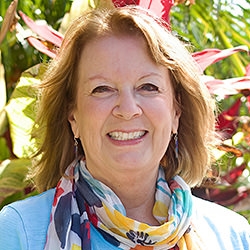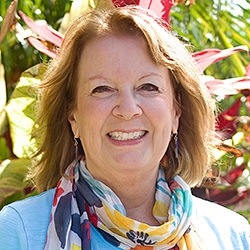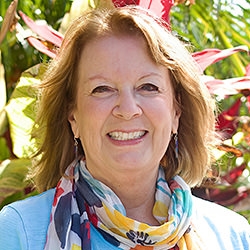

NVC Resources on Conflict
-
Trainer Tip: In challenging situations, we can be peaceful and clear when we are able to connect to what we value most, and to act in harmony with those values. For example, if a coworker does something you don't like, instead of gossiping about their undesirable behaviors, you can talk to them about how both of you feel regarding what happened, and focus on the needs you're both trying to meet at work.
-
When a person of color (A.K.A. a person from the Global Majority, or GM) tells a marginalization story that triggers a defensive response from a white participant in a group, to foster awareness and healing, leaders can address the white person's distress with empathy, highlighting the common dynamic of prioritizing white pain. From there, leaders can offer GM participants opportunity to share their experience and make requests of the group.
-
In a workshop, a hesitant white neurodivergent man faced a triggering reaction from a Global Majority transgender man. Uncovering their backgrounds, the facilitator addressed family dynamics and exclusion. A repair exercise fostered empathy, challenging assumptions and emphasizing the importance of equitable facilitation for a richer group experience.
-
Trainer Tip: While everyone's feelings are a result of their own met or unmet needs it's still important that we take responsibility for our actions. This means acknowledging when our behaviors are a stimulus for another's pain, and expressing regret -- to support our own needs for care and consideration. In the process, taking responsibility where it's due in this way can enhance and deepen our relationships.
-
Trainer Tip: When we withhold our truth or lie, we can create emotional and physical distance in our relationships. By being honest, we can strengthen relationships. And when someone doesn’t appreciate your honesty, try empathizing with them. It can help to notice how your actions stimulate feelings in other people -- even as they are not the cause of their feelings.
-
Discussion into the difficult topic of parenting, childhood trauma, and social status.
-
How the "story" we tell ourselves impacts our childhood and the roles we play.
-
Challenge racism with compassion and clarity, gain tools to foster reflection and systemic change.
-
Transform your life by aligning actions with values through NVC and somatic tools.
-
Distinguishing between needs and strategies to meet needs is crucial for solving conflict. For example, the need for peace can be met through various strategies beyond solitude or gratitude. Similarly, sex is a strategy. Sexual expression is the need behind it, and can be met in various ways to meet that need without having sex itself. Such flexibility can foster creativity and deeper connection, enhancing relationships.

Quick Links
Subscription Preferences
Stay In Touch!
Looking for ways to keep up with NVC Academy news, get special offers, free resources, or words of inspiration? Here are five ways to stay engaged:










